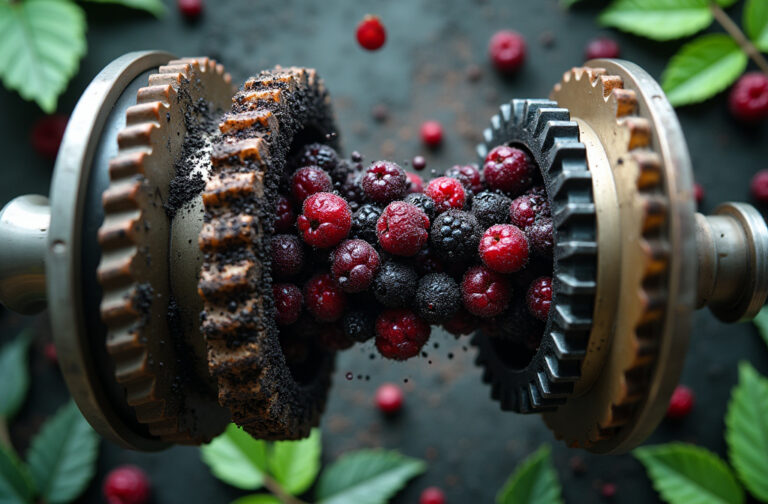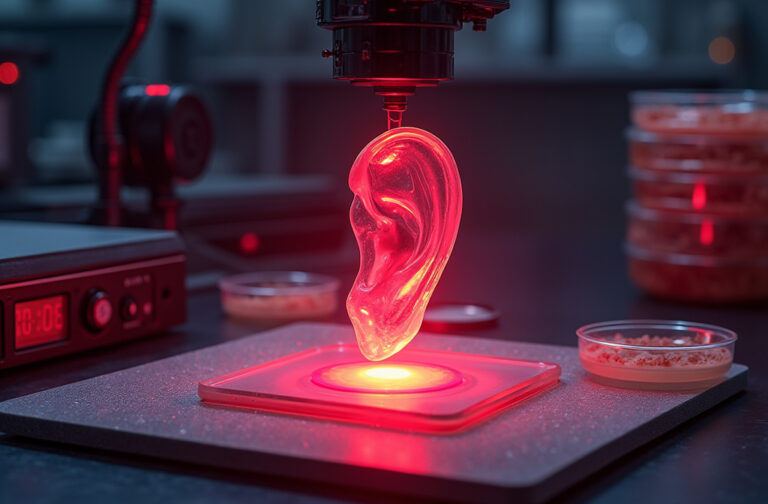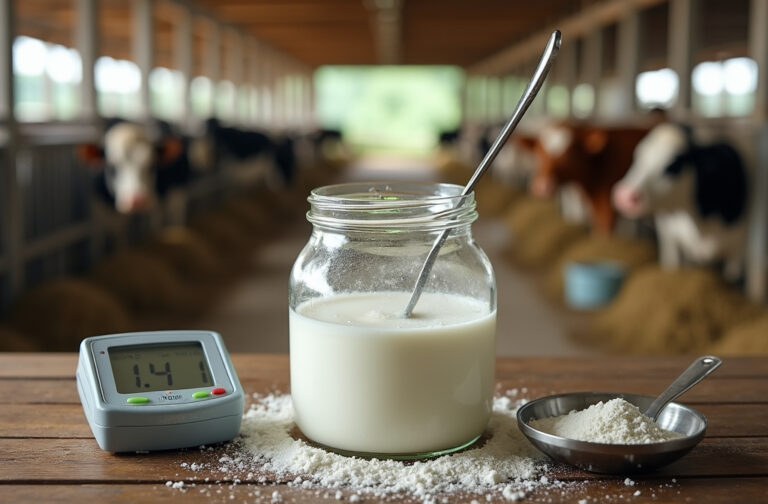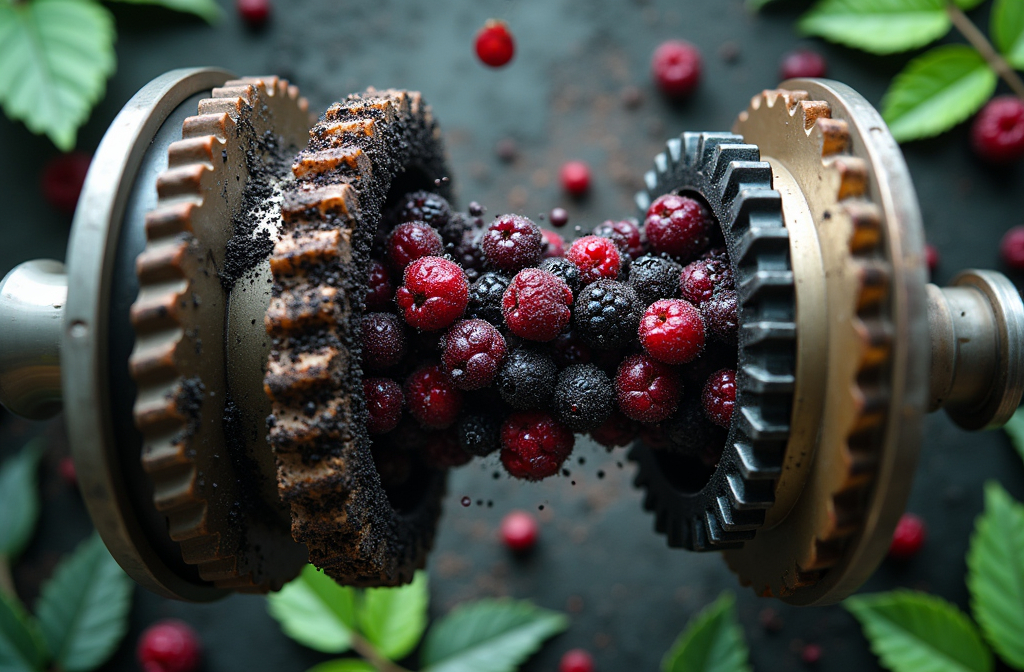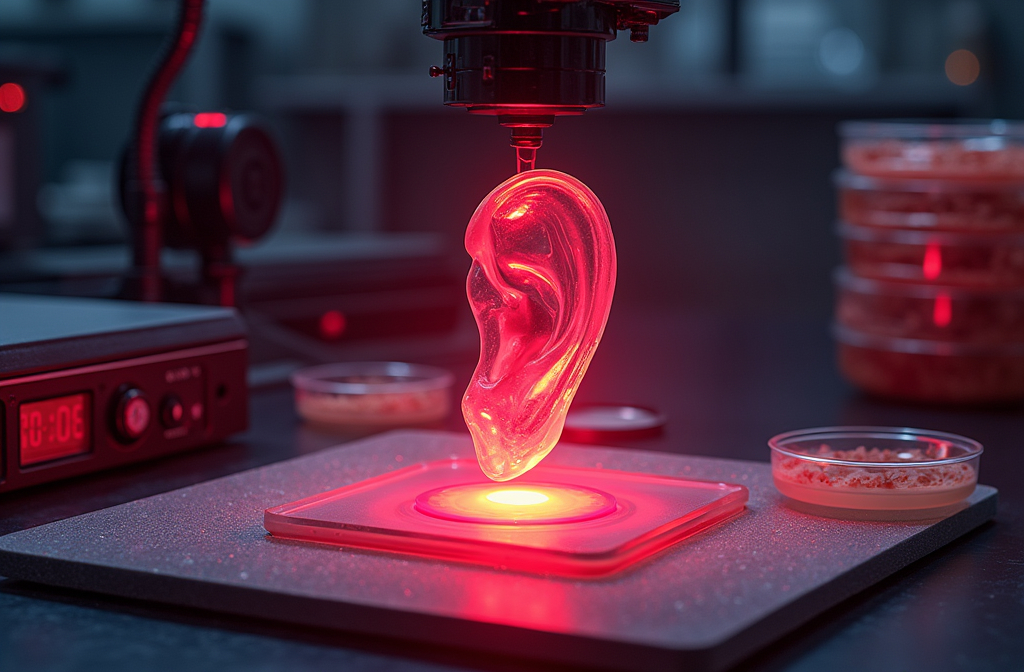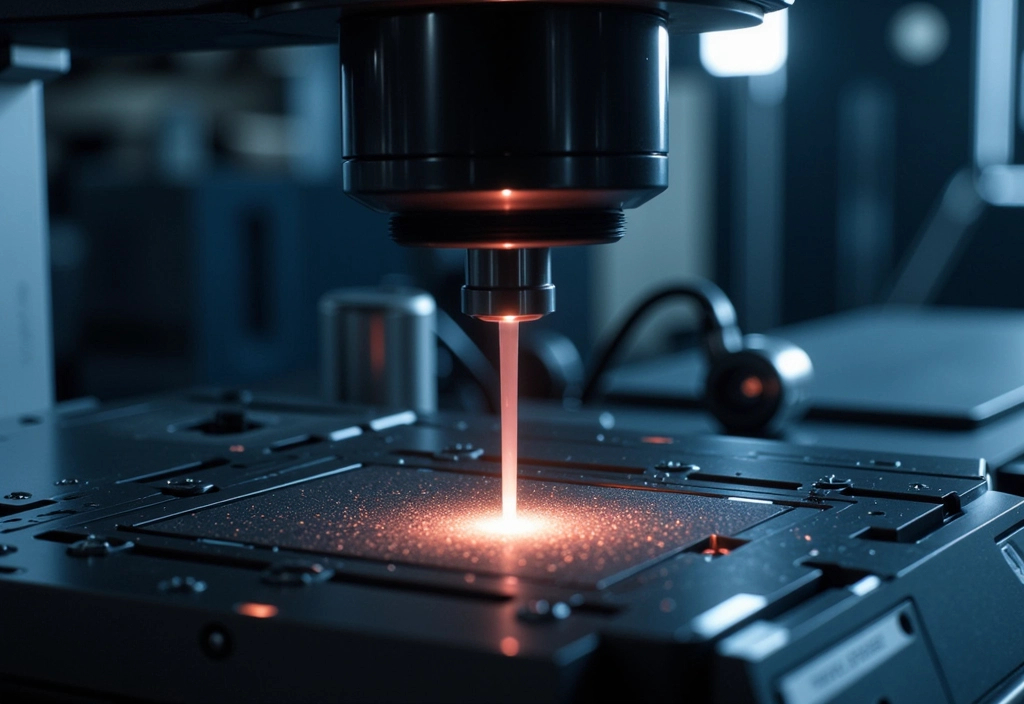Did you know your mouth is home to billions of tiny bacteria working around the clock? These microbes aren’t just freeloaders—they help digest food, protect your teeth, and even play a role in your overall health. But here’s the twist: the type of bacteria you have in your mouth depends a lot on your lifestyle.
A fascinating study looked at people in Nepal with very different ways of life—from forest foragers to city-dwelling industrial workers. The results? Lifestyle plays a huge role in shaping the bacteria that live in your mouth. Let’s break it down.
The Four Lifestyles That Tell a Story
The researchers studied people across a wide spectrum of lifestyles:
- Foragers: These are people who live off the land, gathering wild plants and hunting animals.
- Subsistence Farmers: They recently shifted from foraging to farming, usually within the last 50 years.
- Established Farmers: These communities have been farming for over 300 years, growing grains, vegetables, and raising livestock.
- Industrial Workers: Nepali people who now live in modern urban settings, like cities in the USA, for the past 20 years.
Each group has a different diet, habits, and environment—and this has a big impact on their oral microbiomes.
Why Does This Happen?
Your oral microbiome is like a team of bacteria that changes depending on how you live your life. Here’s how it works:
- Diet: Foragers eat wild plants and animals, which encourage certain bacteria. Farmers eat grains, which bring in bacteria that love carbs. And industrial workers, who eat more processed foods and sugars, host bacteria that thrive in sugary environments.
- Environment: Rural areas expose people to bacteria from soil, plants, and natural water sources, while urban environments bring in microbes from processed foods, pollution, and city living.
- Habits: Smoking, for example, favors bacteria that can harm your teeth and gums.
Even though the total number of bacteria (biodiversity) stayed about the same, the types of bacteria shifted significantly based on lifestyle.
Why Does This Matter?
The bacteria in your mouth do more than keep your teeth healthy—they’re connected to your overall health. The study showed how lifestyle transitions affect your microbiome, which could lead to new ways of preventing health problems.
- Personalized Healthcare: Imagine dentists or doctors giving advice tailored to your lifestyle, helping you choose foods or habits that keep your mouth (and body) healthy.
- Disease Prevention: Oral bacteria are linked to systemic diseases like diabetes and heart disease. Knowing how to manage your microbiome can help reduce these risks.
- Better Habits: By understanding what affects your microbiome, people can make smarter choices, like avoiding smoking and eating less processed food.
What’s Next?
This research is just the beginning. While the findings are available now, applying them to real-world healthcare—like creating diets or therapies to improve oral microbiomes—will take more research.
For now, here’s the takeaway: how you live your life—what you eat, where you live, and your habits—matters more than you think. It shapes the microscopic community in your mouth, and that, in turn, can shape your health in surprising ways.
So the next time you grab a sugary snack or consider skipping your veggies, think about the tiny bacteria in your mouth—they’re counting on you to make the right choice!
Think of the bacteria in your mouth as a team of tiny players that changes depending on how you live your life—what you eat, where you live, and even whether you smoke. Scientists looked at people in Nepal who have different lifestyles, from forest foragers to city workers, and found that these “teams” of bacteria adapt to these changes. While the number of players stays the same, the types of bacteria swap around. This matters because the bacteria can affect not just your teeth but also your overall health.
How Your Lifestyle Shapes the Bacteria in Your Mouth
Did you know your mouth is home to billions of tiny bacteria working around the clock? These microbes aren’t just freeloaders—they help digest food, protect your teeth, and even play a role in your overall health. But here’s the twist: the type of bacteria you have in your mouth depends a lot on your lifestyle.
A fascinating study looked at people in Nepal with very different ways of life—from forest foragers to city-dwelling industrial workers. The results? Lifestyle plays a huge role in shaping the bacteria that live in your mouth. Let’s break it down.
The Four Lifestyles That Tell a Story
The researchers studied people across a wide spectrum of lifestyles:
- Foragers: These are people who live off the land, gathering wild plants and hunting animals.
- Subsistence Farmers: They recently shifted from foraging to farming, usually within the last 50 years.
- Established Farmers: These communities have been farming for over 300 years, growing grains, vegetables, and raising livestock.
- Industrial Workers: Nepali people who now live in modern urban settings, like cities in the USA, for the past 20 years.
Each group has a different diet, habits, and environment—and this has a big impact on their oral microbiomes.
Why Does This Happen?
Your oral microbiome is like a team of bacteria that changes depending on how you live your life. Here’s how it works:
- Diet: Foragers eat wild plants and animals, which encourage certain bacteria. Farmers eat grains, which bring in bacteria that love carbs. And industrial workers, who eat more processed foods and sugars, host bacteria that thrive in sugary environments.
- Environment: Rural areas expose people to bacteria from soil, plants, and natural water sources, while urban environments bring in microbes from processed foods, pollution, and city living.
- Habits: Smoking, for example, favors bacteria that can harm your teeth and gums.
Even though the total number of bacteria (biodiversity) stayed about the same, the types of bacteria shifted significantly based on lifestyle.
Why Does This Matter?
The bacteria in your mouth do more than keep your teeth healthy—they’re connected to your overall health. The study showed how lifestyle transitions affect your microbiome, which could lead to new ways of preventing health problems.
- Personalized Healthcare: Imagine dentists or doctors giving advice tailored to your lifestyle, helping you choose foods or habits that keep your mouth (and body) healthy.
- Disease Prevention: Oral bacteria are linked to systemic diseases like diabetes and heart disease. Knowing how to manage your microbiome can help reduce these risks.
- Better Habits: By understanding what affects your microbiome, people can make smarter choices, like avoiding smoking and eating less processed food.
What’s Next?
This research is just the beginning. While the findings are available now, applying them to real-world healthcare—like creating diets or therapies to improve oral microbiomes—will take more research.
For now, here’s the takeaway: how you live your life—what you eat, where you live, and your habits—matters more than you think. It shapes the microscopic community in your mouth, and that, in turn, can shape your health in surprising ways.
So the next time you grab a sugary snack or consider skipping your veggies, think about the tiny bacteria in your mouth—they’re counting on you to make the right choice!
Article derived from: Ryu, E. P., Gautam, Y., Proctor, D. M., Bhandari, D., Tandukar, S., Gupta, M., Gautam, G. P., Relman, D. A., Shibl, A. A., Sherchand, J. B., Jha, A. R., & Davenport, E. R. (2024). Nepali oral microbiomes reflect a gradient of lifestyles from traditional to industrialized. Microbiome, 12(1). https://doi.org/10.1186/s40168-024-01941-7
Check out the cool NewsWade YouTube video about this article.



